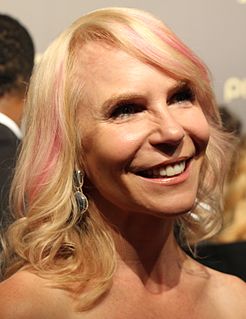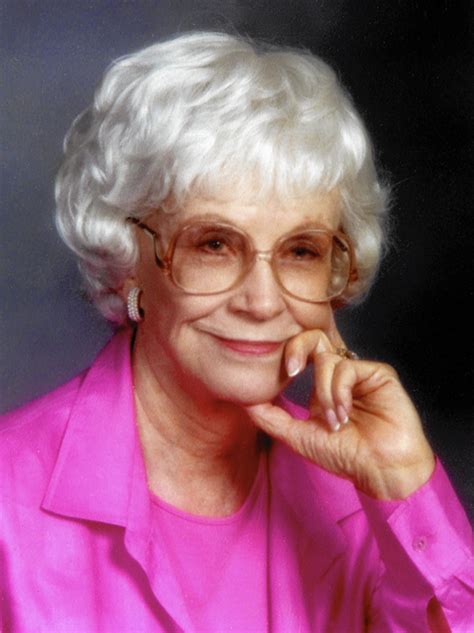A Quote by Flannery O'Connor
I don't have my novel outlined, and I have to write to discover what I am doing. Like the old lady, I don't know so well what I think until I see what I say; then I have to say it over again.
Related Quotes
The age of the book is not over. No way... But maybe the age of some books is over. People say to me sometimes 'Steve, are you ever going to write a straight novel, a serious novel' and by that they mean a novel about college professors who are having impotence problems or something like that. And I have to say those things just don't interest me. Why? I don't know. But it took me about twenty years to get over that question, and not be kind of ashamed about what I do, of the books I write.
I'm writing this down, because it is going to be hard for me to say it. Because this is probably our last time just us. See, I can write that down, but I don't think I can say it. I'm not doing this to say goodbye, though I know that has to be part of it. I'm doing it to thank you for all we have had and done and been for one another, to say I love you for making this life of mine what it is. Leaving you is the hardest thing I have to do. But the thing is, the best parts of me are in you, all three of you. You are who I am, and what I cherish in myself stays on in you.
Thoughts are created in the act of writing. [It is a myth that] you must have something to say in order to write. Reality: You often need to write in order to have anything to say. Thought comes with writing, and writing may never come if it is postponed until we are satisfied that we have something to say...The assertion of write first, see what you had to say later applies to all manifestations of written language, to letters...as well as to diaries and journals
Writing a novel - unlike operating a piece of heavy machinery, say, or cooking a chicken - is not a skill that can be taught. There is no standard way of doing it, just as there is no means of telling, while you're doing it, whether you're doing it well or badly. And merely because you've done it well once doesn't mean you can do it well again.
I've never written anything that I haven't wanted to write again. I want to, and still am, writing 'A Few Good Men' again. I didn't know what I was doing then, and I'm still trying to get it right. I would write 'The Social Network' again if they would let me, I'd write 'Moneyball' again. I would write 'The West Wing' again.
It's such a wonderful feeling to watch a child discover that reading is a marvelous adventure rather than a chore. I know that many writers for children say they do not write specifically with a child audience in mind ... This isn't true for me. I am very aware of my audience. Sometimes I can almost see them out there reacting as I write. Sometimes I think, 'Oh, you're going to like this part.
There's still a part of me that thinks I have to write a really good novel. I'm not trying to say I'm not happy with the novels I've written in the past. But it always feels to me like there's another one that I have to write that will really say what I want to say, and really paint this world that I can see hazily in my head.
In going where you have to go, and doing what you have to do, and seeing what you have to see, you'll dull and blunt the instrument you write with. But I would rather have it bent and dull and know I had to put it to the grindstone again and hammer it into shape and put a whetstone to it, and know that I had something to write about, than to have it bright and shining and nothing to say, or smooth and well-oiled in the closet, but unused.
Young screenwriters are always very frustrated when they talk to me. They say, 'How do we get to be a screenwriter?' I say, 'You know what you do? I'll tell you the secret, it's easy: Read 'Hamlet.' You know? Then read it again, and read it again, and read it until you understand it. Read 'King Lear,' and then read 'Othello.'





































